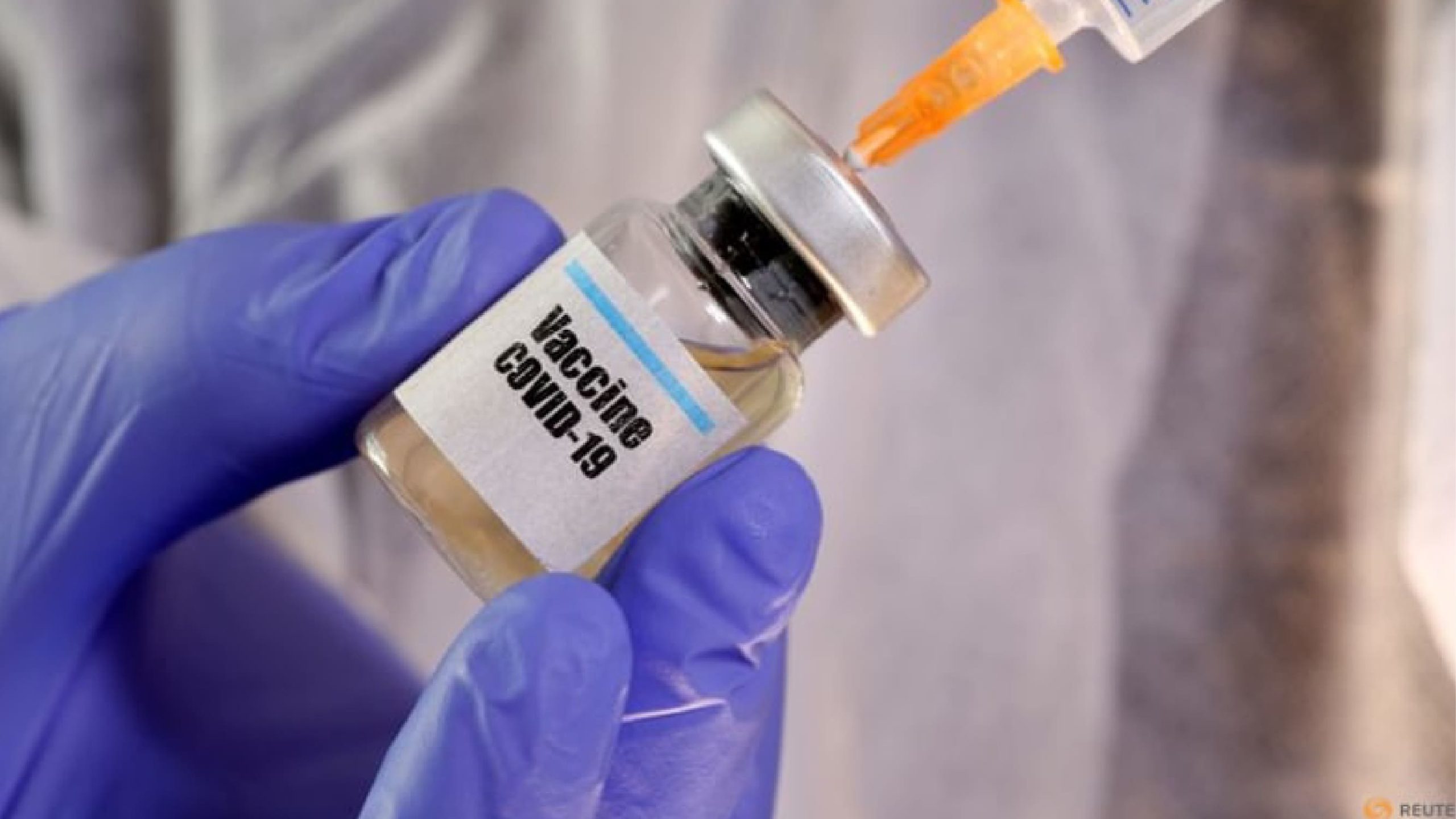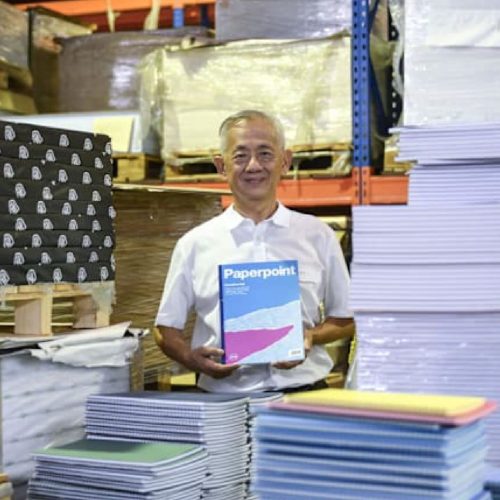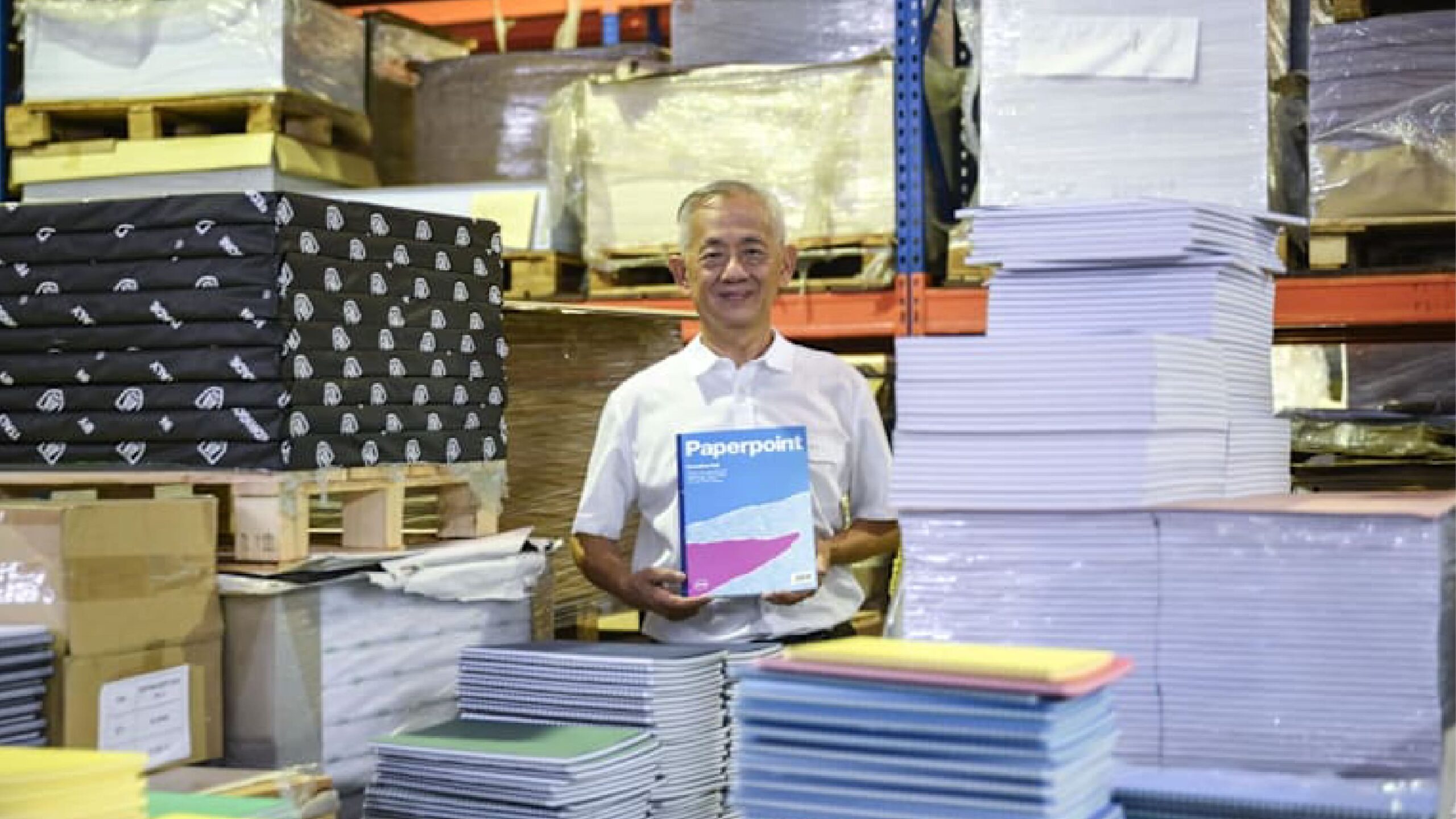The Ministry of Health (MOH) in Singapore has issued an official statement to refute two misleading claims about COVID-19 that have recently resurfaced on social media platforms. These claims involve fabricated information about autopsy findings and unfounded allegations concerning newly passed vaccination laws.
As Singapore continues to manage COVID-19 as an endemic illness, health authorities are urging the public to be vigilant about misinformation and avoid sharing unverified content online.
Debunking the COVID-19 Autopsy Claim
One of the viral claims alleges that Singapore was the first country to conduct an autopsy on a COVID-19 patient and that the findings revealed the disease is caused by a bacterium rather than a virus. This false narrative also suggests that antibiotics—not vaccines—should be the proper course of treatment.
According to MOH, this claim is entirely false. Singapore has not conducted any such autopsy, and COVID-19 is scientifically proven to be caused by the SARS-CoV-2 virus, not a bacterium.
This piece of misinformation is not new. It originally surfaced as early as 2021, with different countries, such as Russia, being falsely attributed to the claim in various versions of the message. The latest iteration merely substitutes Singapore as the alleged source of this discovery. MOH firmly states that no such autopsy or findings have ever taken place in the country.
No New Vaccination Laws in Singapore After Bill Gates’ Visit
Another claim that has been circulating suggests that following a recent visit by Microsoft co-founder Bill Gates, Singapore passed new laws mandating COVID-19 vaccinations and authorizing the imprisonment of unvaccinated individuals.
MOH has stated clearly that this is completely untrue. No new vaccination-related laws have been introduced in connection with Mr Gates’ visit or at any time recently.
Mr Gates has been a frequent target of various COVID-19-related conspiracy theories since the early days of the pandemic. These false narratives often claim that he is behind global plans to use vaccines for population control—claims that have been widely debunked by credible health organizations worldwide.
The Singapore Ministry of Health emphasizes that no legal changes have been made regarding vaccination policies and that public health strategies remain based on scientific evidence and expert guidance—not on conspiracy theories.
The Dangers of Misinformation in Public Health
MOH has taken this opportunity to remind the public of the serious consequences of spreading unverified or false information. Not only can such claims cause unnecessary panic and confusion, but they also have the potential to undermine public trust in health authorities and national vaccination efforts.
“We urge members of the public not to spread unsubstantiated information which may cause public alarm,” the ministry stated in its official press release.
Singapore’s approach to managing COVID-19 continues to focus on transparency, scientific accuracy, and community engagement. Combating misinformation is a key part of maintaining public confidence and keeping communities safe.
Current COVID-19 Situation in Singapore
While these viral claims are false, COVID-19 itself remains a present and evolving health concern. In May, Singapore experienced a rise in COVID-19 cases, prompting MOH to remind citizens that periodic waves of infection are expected, much like with other endemic respiratory diseases such as the flu.
The most common COVID-19 variants currently circulating in Singapore are LF.7 and NB.1.8, both of which are subvariants of JN.1. These strains now account for over two-thirds of all sequenced cases in the country.
Importantly, the existing COVID-19 vaccines in use are formulated based on the JN.1 variant, which means they continue to offer protection against the dominant strains in circulation. MOH has also confirmed that there is no current evidence to suggest these newer variants are more transmissible than previous ones.
Stay Informed and Verify Your Sources
In an age where misinformation can spread faster than the virus itself, staying informed through credible and official sources is more important than ever. The Ministry of Health continues to update the public through press releases, social media, and its official website.
If you encounter suspicious claims or viral messages about health-related topics, always fact-check against official announcements or consult medical professionals before sharing.
By staying vigilant and responsible, we can each play a role in safeguarding public health and maintaining trust in Singapore’s healthcare system.








